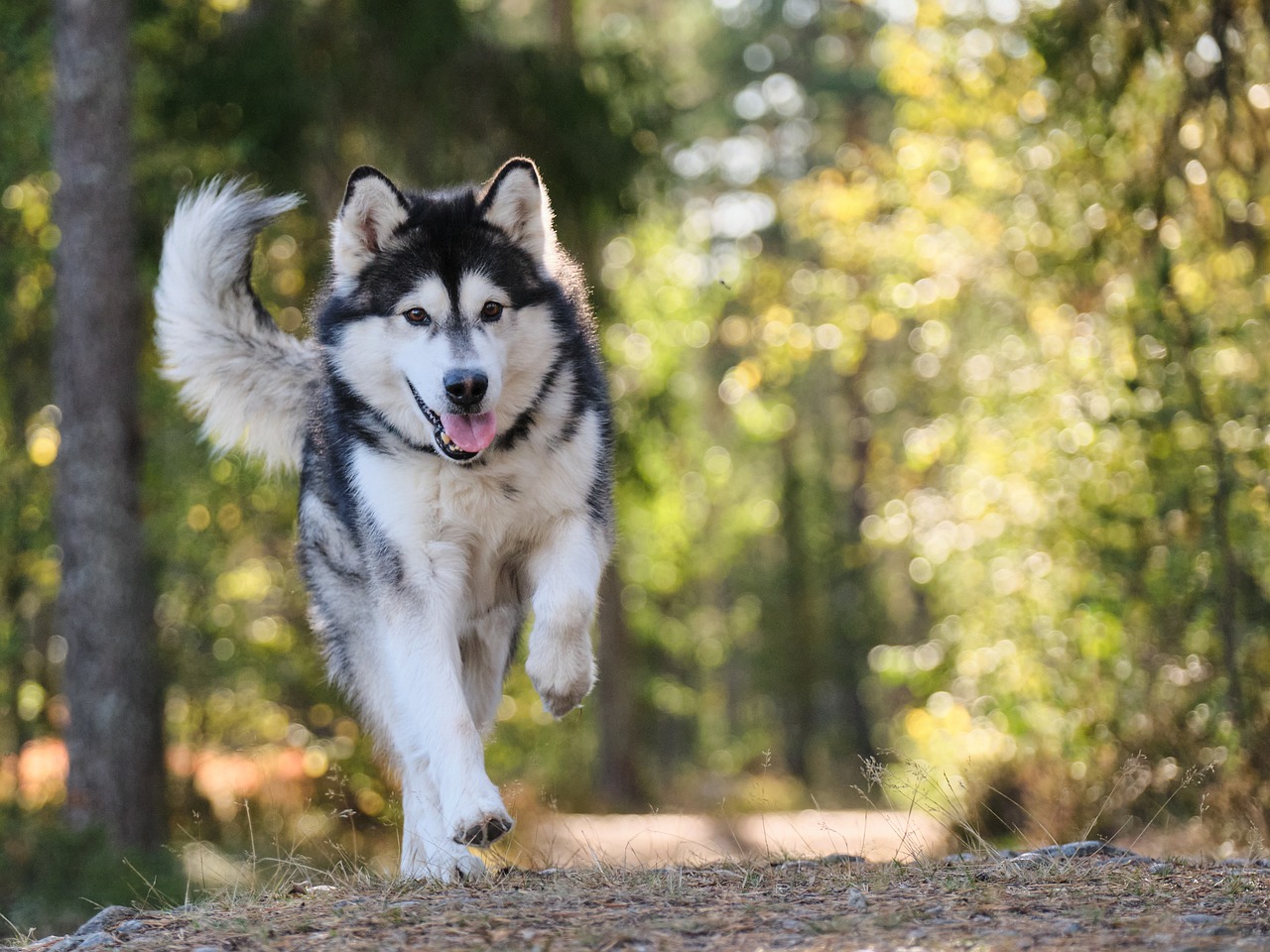6 Common Dog Health Problems and How to Prevent Them

As a dog owner, your pet's health is a top priority. Dogs, like people, can experience a variety of health issues, and being aware of the most common problems can help you prevent them. From joint pain to digestive issues, early detection and prevention can keep your dog happy and healthy for years. Here are six common dog health problems and practical tips for preventing them.

Ear Infections
Ear infections are common in dogs, especially in breeds with floppy ears. They can be caused by bacteria, yeast, allergies, or moisture trapped in the ears. Left untreated, ear infections can lead to more serious issues, including hearing loss.
Keep your dog’s ears clean and dry, especially if they are prone to moisture buildup. Feeding your dog the wrong diet can exacerbate health problems, and one of the most common mistakes is choosing the worst dog food for yeast infections, which can lead to recurring ear infections and skin issues. Regularly check their ears for signs of redness, swelling, or unusual odor. If you notice any issues, visit your vet for treatment before the infection worsens.
Obesity
Obesity is one of the most prevalent health problems for dogs, and it can lead to numerous other issues, including joint problems, heart disease, and diabetes. Overfeeding and lack of exercise are the primary causes of obesity in dogs. Ensure your dog is on a balanced diet that meets its specific age and breed requirements. Avoid table scraps and limit treats. Regular exercise is essential, so make sure your dog gets daily walks and playtime to maintain a healthy weight.
Dental Disease
Dental disease is common in dogs and can lead to tooth loss, gum infections, and other serious health problems. It’s often caused by plaque and tartar buildup on your dog’s teeth. Brush your dog’s teeth regularly with dog-friendly toothpaste. Providing dental chews or toys can also help reduce plaque buildup. Regular veterinary check-ups will allow early detection of any oral health issues.
Brush Your Dog’s Teeth Regularly
Just like humans, dogs need their teeth brushed to prevent plaque buildup. Use a toothbrush and toothpaste made specifically for dogs, as human toothpaste can be harmful. Aim to brush your dog's teeth a few times a week, or even daily if possible, to keep their teeth clean and reduce the risk of dental disease.
Provide Dental Chews and Toys
Dental chews and toys are designed to help clean your dog’s teeth naturally while they chew. These items help scrape away plaque and tartar, promoting healthier gums and teeth. Be sure to choose high-quality dental products that are safe for your dog and appropriate for their size and chewing habits.
Regular Vet Check-Ups
Routine veterinary check-ups are essential for detecting early signs of dental disease. Your vet can examine your dog’s mouth, remove any tartar buildup, and give you advice on maintaining good oral health. In some cases, your vet may recommend professional cleanings or X-rays to ensure your dog's dental health is in top condition.
Fleas and Ticks
Fleas and ticks are external parasites that can cause discomfort and serious health problems like skin infections, allergic reactions, and Lyme disease. They are more prevalent during the warmer months but can be a problem year-round in some areas. Use flea and tick prevention treatments recommended by your vet. Regularly check your dog’s coat for signs of fleas or ticks, especially after outdoor activities. Keep your dog’s environment clean, and mow the lawn regularly to reduce the risk of parasites.
Hip Dysplasia
Hip dysplasia is a genetic condition that affects the hip joint, often leading to arthritis and joint pain. It’s common in larger breeds but can occur in any dog. While you can’t prevent hip dysplasia entirely, you can reduce the risk by maintaining a healthy weight to avoid unnecessary stress on the joints. Avoid high-impact activities that could harm the hips in puppies, especially during growth periods. Regular exercise and joint supplements can also help keep your dog’s joints healthy.
Allergies
Dogs can suffer from environmental allergies, food allergies, or a combination of both. Symptoms include itching, redness, ear infections, and digestive problems. If you suspect your dog has allergies, work with your vet to identify the triggers. Keep your dog’s living space clean and free of allergens, and consider using hypoallergenic food if food allergies are suspected. Regular grooming and bathing can also help reduce allergy symptoms.

Preventing common dog health problems starts with awareness and proactive care. By maintaining a healthy diet, regular exercise, and routine veterinary check-ups, you can significantly reduce the risk of your dog experiencing these issues. Keep a close eye on your dog’s health, and take action at the first sign of a problem to ensure they live a long, happy life.
Explore Popular Articles
-
How to Pick the Best Dog Collars for Large Dogs?
Mar 12, 2025Large dogs bring a special kind of joy to any household. Whether it’s the calm, noble presence
-
What Is a Traffic Leash for Dogs?
Feb 21, 2025Picture this: you’re walking your lovable Labrador, Sammy, through a bustling city side
-
What Dog Collars Are Recommended for Saint Bernards? A Comprehensive Guide
Feb 12, 2025Saint Bernards holds a special place in the hearts of dog lovers worldwide. With their iconic




